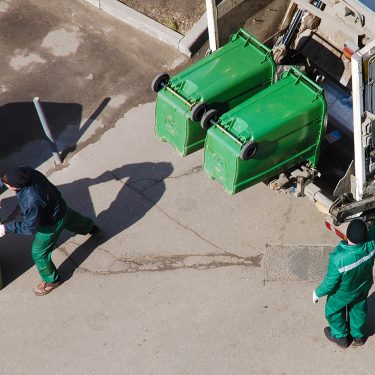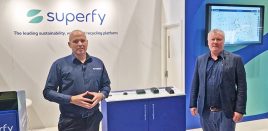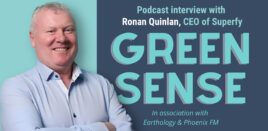Superfy provides a data-driven solution helping Albury City to achieve its landfill reduction targets and reduce operational costs





CITIES AND GOVERNMENTS
While the twin cities of Albury and Wodonga are separated geographically by the Murray River and politically by a state border, the region has developed a collaborative approach to waste and resource recovery.
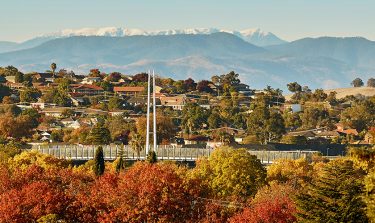
Albury City Council and the City of Wodonga teamed up with Federation Council, the Shires of Towong, Greater Hume Indigo and Alpine Shire Councils to launch Halve Waste. As the names suggests, the initiative has a key focus – reducing the amount of waste going to landfill by 50 per cent. After it was estimated that the region’s landfills would be at capacity by 2050. “We want to be empowered by data to drive new initiatives that reduce general waste and single use plastics going into our landfill” according to Imogen Schifferle, Regional Partnerships Innovation Coordinator Albury and Wodonga City Councils. She adds that one of the key challenges for the region is working to reduce waste in its public bins, while improving service delivery for the community.
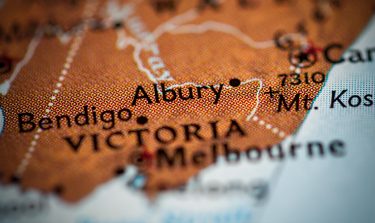
“Our public waste practice was pre-defined by routes based on historic planning and has proved not to be efficient for council and in need of review.” “Albury City also understands the role that waste has to play in affecting our micro city climate and our macro regional climate. However, to what extent was previously unknown, we sought to uncover the facts to drive change,” Schifferle says.
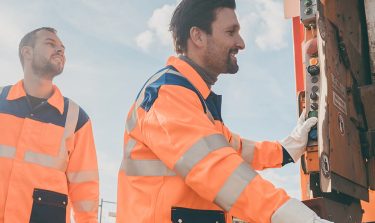

Superfy provides a hardware and software solution is used to collect valuable data to address urban, economic and sustainability challenges, while also detecting incidents and improving the health and safety of communities.
“The next step is to become more intuitive with commercial and retail waste patterns to better predict events that cause increased waste and the types of waste our city produces,” Schifferle says. Deploying the Superfy platform in the city allows them to take advantage of dynamic routing, planned collections and most impactfully, predictive collection optimisation.
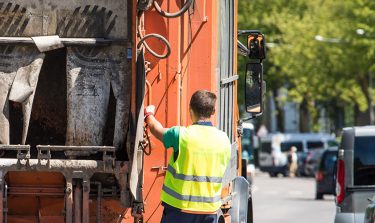
Imogen Schifferle
Regional Partnerships Innovation Coordinator Albury and Wodonga City Councils
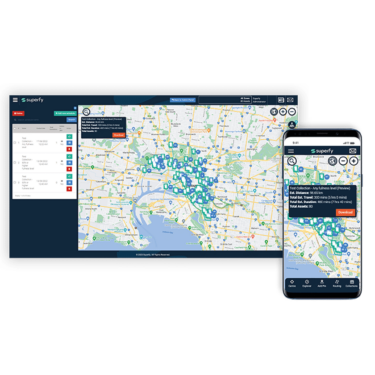
Imogen Schifferle
Regional Partnerships Innovation Coordinator Albury and Wodonga City Councils
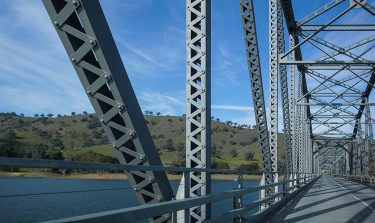
Due to the Total Life Cost of operations and the reduced levels of collection required, Albury City was able to prove a business case for an extension of the deployment by 2 times and continues to deploy. Schifferle explains that she has been impressed with the quality of the sensors themselves, as well as the depths of reporting capability. Regarding waste data, she highlights the ability to understand volumes of collections on average, which allows council to build a greater predictability model for its landfill sites and a more sustainable waste management model.
Schifferle adds that the solution stood out from the wider market due to the company’s specialisation in waste management and climate change. “The vendor selection is vast in data collecting sensor-based solutions, however Superfy’s specialised approach to waste management solutions demonstrated that the resulting quality of infrastructure and systems will be focused and customised to council’s needs”
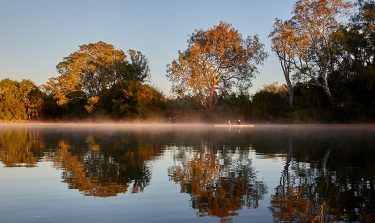
Leon Hayes, COO, Superfy says “Albury City Council and the City of Wodonga’s commitment to making their respective cities smart through the adoption of smart waste management solutions is a northern star that not only regional Australia but also metropolitan cities across Australia can look to in how to drive operational efficiency and environmental improvements in waste collection.”
